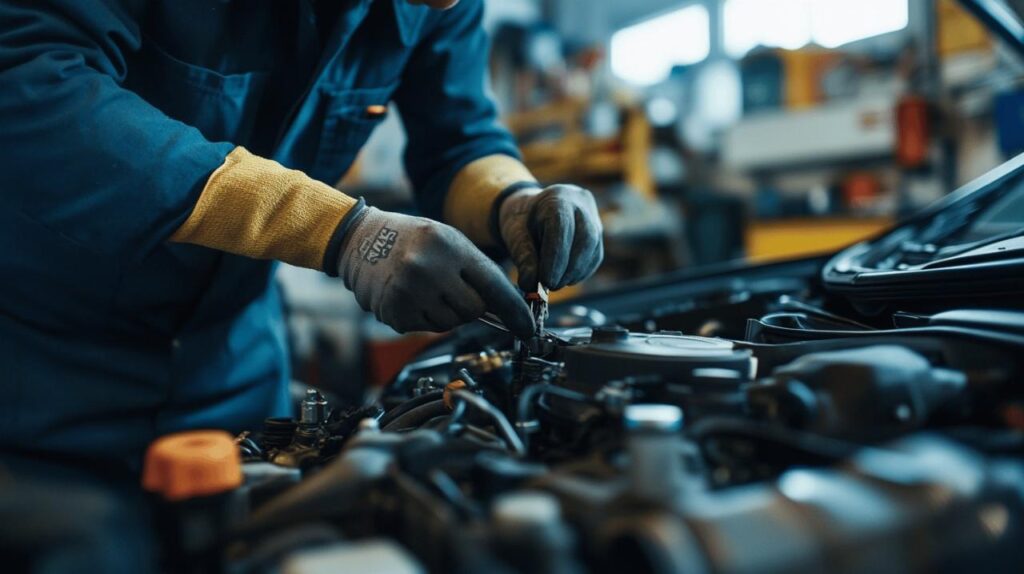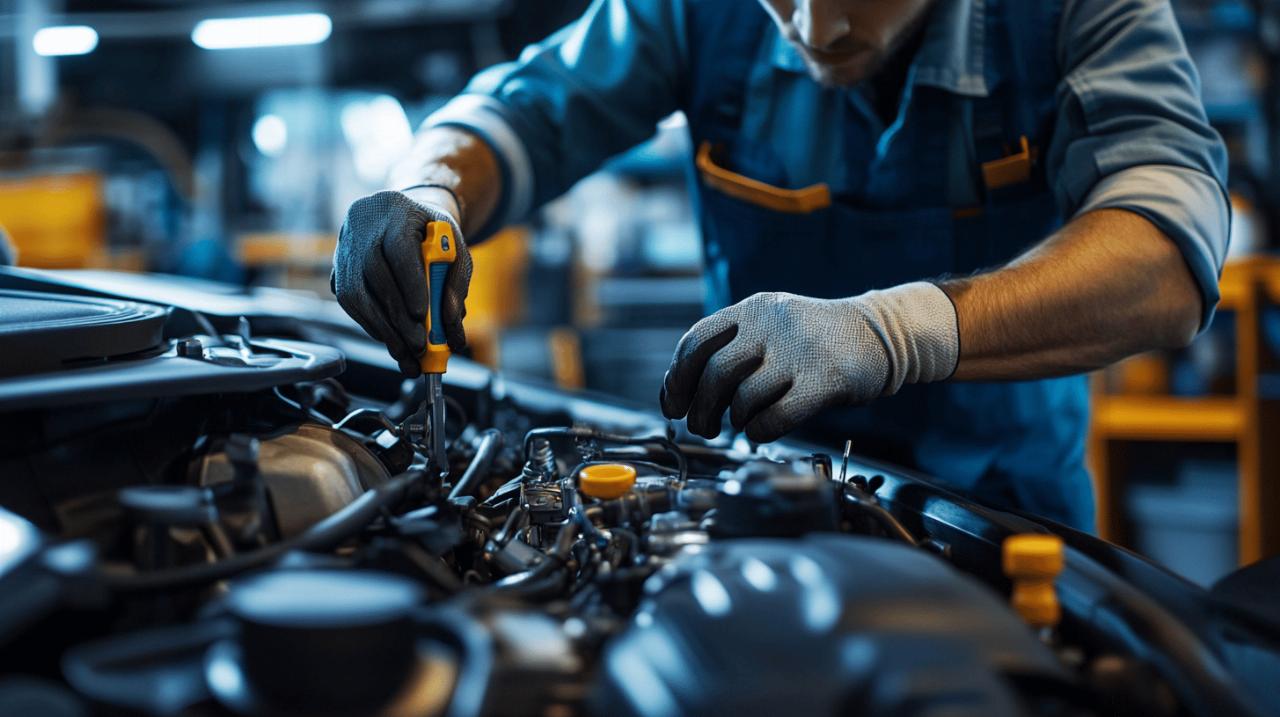Enhance Your Car Maintenance Skills with Essential Tips and Guides

Taking care of your vehicle is an essential aspect of car ownership that can save you money, prevent breakdowns, and extend your car's lifespan. Regular maintenance not only ensures optimal performance but also contributes significantly to road safety. With the right knowledge and tools, many maintenance tasks can be performed at home, giving you greater control over your vehicle's condition.
Basic diy car maintenance skills worth mastering
Developing fundamental maintenance skills can empower you as a vehicle owner. According to Automag, a leading automotive advice website, mastering basic maintenance techniques can reduce the risk of major vehicle malfunctions by up to 30%. These skills not only save you frequent trips to the mechanic but also help you identify potential issues before they become serious problems.
Checking and changing fluids properly
Fluid maintenance is one of the most critical aspects of vehicle care. Regular oil changes every 6,000 miles are essential for engine health and longevity. When changing oil, ensure you have the correct type for your specific vehicle model, warm the engine before starting, and safely jack up the car using axle stands. Remove the sump plug and oil filter, replace them with new components, and carefully check the oil level afterward. Remember that used engine oil should be taken to a proper recycling facility rather than disposed of with regular waste.
Beyond engine oil, other vital fluids require regular attention. Check and top up your screen wash, brake fluid, engine coolant, and power steering fluid according to your vehicle's maintenance schedule. The AA recommends an easy-to-remember system called 'FLOWER' which stands for Fuel, Lights, Oil, Water, Electrics, and Rubber, as a comprehensive check that covers all essential maintenance areas.
Tyre care and maintenance fundamentals
Tyre maintenance is crucial for both safety and fuel efficiency. The National Highway Traffic Safety Administration reports that underinflated tyres contribute to approximately 11,000 crashes annually. To maintain optimal tyre condition, check pressure every two weeks, especially in vehicles manufactured after November 2014. Always perform pressure checks when tyres are cold and inflate them to the car manufacturer's recommended levels.
Tread depth is equally important for safe driving. In the UK, the legal minimum tread depth is 1.6mm, but safety experts recommend replacing tyres before they reach this minimum. The Tire Industry Association found that vehicles with tread depth less than 2/32 of an inch are more than twice as likely to be involved in accidents. Use a proper gauge to measure tread depth regularly and inspect tyres for signs of uneven wear, which might indicate alignment or suspension issues.
Useful maintenance resources and guides
 Having access to reliable information can make the difference between successful DIY maintenance and costly mistakes. Various resources are available to guide you through maintenance procedures specific to your vehicle model. The Road Safety Foundation in the UK notes that inadequate maintenance, particularly of brake systems, contributes to around 5% of all road accidents each year, emphasizing the importance of proper guidance and information.
Having access to reliable information can make the difference between successful DIY maintenance and costly mistakes. Various resources are available to guide you through maintenance procedures specific to your vehicle model. The Road Safety Foundation in the UK notes that inadequate maintenance, particularly of brake systems, contributes to around 5% of all road accidents each year, emphasizing the importance of proper guidance and information.
Digital tools for tracking car maintenance
Modern technology offers numerous solutions for managing your vehicle maintenance schedule. Digital applications can track service intervals, provide maintenance reminders, and even store your service history. Some advanced apps can connect with onboard diagnostics to offer real-time insights into your vehicle's condition. These tools help ensure you never miss critical maintenance milestones such as the recommended battery replacement every 3-5 years or spark plug changes every 30,000 miles for certain manufacturers.
Diagnostic tools have become more accessible to everyday drivers. Products like the Renault/Dacia Can Clip diagnostic tool, featured in Automag reviews, allow owners to identify potential issues before they escalate. These digital assistants can be particularly valuable for monitoring complex systems such as Diesel Particulate Filters, which require proper regeneration in diesel vehicles manufactured after 2007.
Finding reliable service handbooks and manuals
The vehicle manufacturer's service manual remains the most authoritative source of maintenance information. These documents provide model-specific guidance on maintenance intervals, fluid specifications, and recommended procedures. Many manufacturers now offer digital versions of their service manuals, making this information more accessible than ever.
Beyond official documentation, respected automotive websites and forums can provide valuable supplementary information. Resources like Automag offer comprehensive guides on various maintenance topics, from changing cylinder head gaskets to identifying symptoms of transmission wear. Their articles on topics such as timing belt failure signs and injection pump systems provide in-depth knowledge that complements basic maintenance skills.
For those seeking structured learning, online courses dedicated to automotive maintenance can provide systematic knowledge development. With over 5,000 accredited online courses available in various categories, including automotive technology, these educational resources can help transform a novice into a confident DIY mechanic. The investment in such knowledge pays dividends in reduced maintenance costs and increased vehicle reliability over time.











